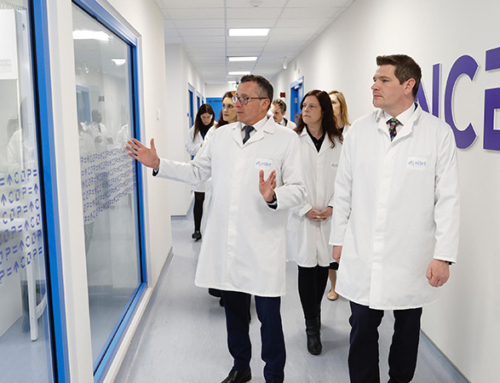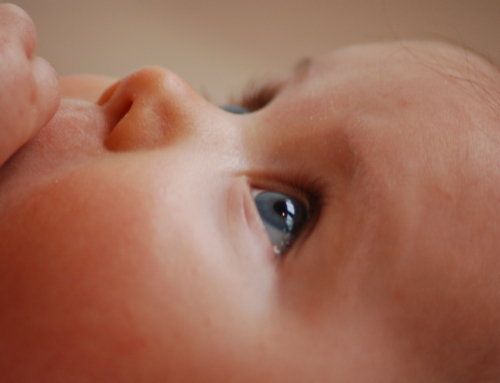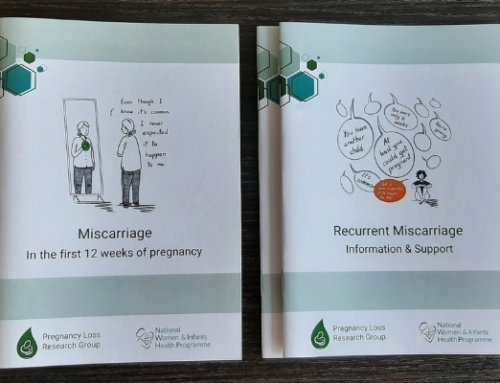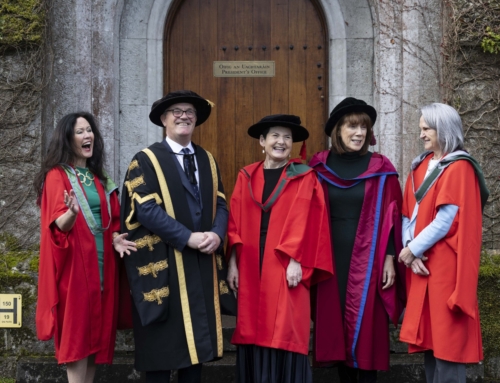Tuesday 21 February 2017

INFANT researchers show that 46% of newborn babies have vitamin D deficiency
Deficiency and Recommendations
INFANT Centre researchers, in collaboration with the Cork Centre for Vitamin D and Nutrition Research, have reported a high prevalence of Vitamin D deficiency amongst newborn babies. A newborn baby’s Vitamin D status at birth is dependent on their mother’s vitamin D status during her pregnancy. These results highlight the need for specific vitamin D recommendations for mothers during pregnancy to avoid potential long-term health problems for their children.
High Deficiency in Winter
This research, which is published in the Journal of Steroid Biochemistry & Molecular Biology, originates from the SCOPE-BASELINE Birth Cohort Study, funded by the National Children’s Research Centre. SCOPE-BASELINE is Ireland’s first and largest birth cohort study which is following 1500 first-time mothers and their babies: it has recently completed all the 5-year assessments of the children enrolled in the study. The published research indicates that 46% of newborns had a vitamin D deficiency at birth and the deficiency was particularly higher (62%) for babies born in wintertime.

INFANT researchers recommend specific vitamin D policies for mothers during pregnancy
Unique Data
Despite the high level of vitamin D deficiency found in newborn babies, there were no immediate negative effects on bone health during infancy. This, in all probability, is due to the high level of parents complying with the national supplementation policy for infants, which recommends 5 microgram/day of vitamin D3 throughout the first year of life. Lead author Prof Mairead Kiely, Principal Investigator of the Maternal and Child Nutrition research programme at INFANT, and co-Director of the Cork Centre for Vitamin D and Nutrition Research states that “This data is unique on a global scale because of the combination of excellence in clinical and analytical data. By investigating the prevalence and causes of vitamin D deficiency in newborn infants, we have identified the need to pay greater attention to maternal nutrition and health. As part of the EC-funded ODIN project, we are now working towards providing the evidence to make pregnancy-specific recommendations for vitamin D to prevent deficiency in mums and babies.”
Important Step
Dr Deirdre Murray, consultant paediatrician and Principal Investigator of the BASELINE birth cohort, has called the research “an important step towards helping to define nutritional requirements to promote infant health from the start of life.”
“The BASELINE study is a fantastic example of collaboration between clinicians and scientists to generate the knowledge to improve maternal and infant health, which is our mission at INFANT.
Despite the high rates of newborn vitamin D deficiency in this study, follow ups with these particular babies showed widespread compliance with the HSE’s vitamin D supplementation policy during the first year. However, there is no specific guidance to promote vitamin D intake and status beyond infancy and this is needed.”






